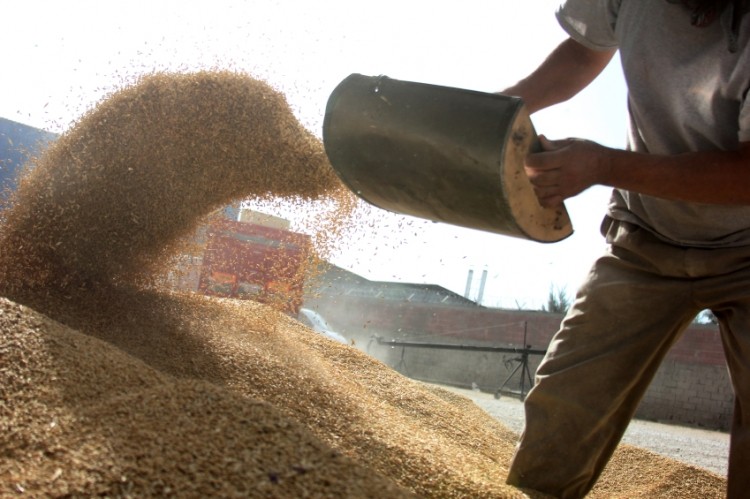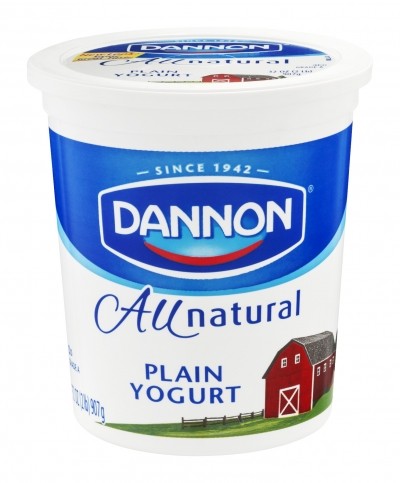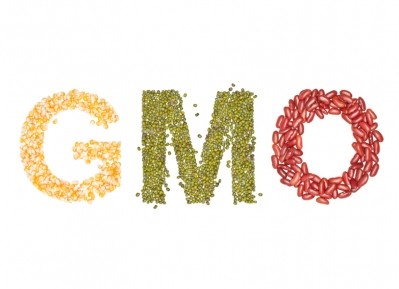GMO use is set to continue in the European Union

The vote ran 577 to 75, with 38 abstentions, said parliament officials in a release. The concern with the draft law was that it could prompt new border checks between countries and might be unworkable.
The draft law, which would have allowed member states of the European Union to ban the use of genetically modified crops, even ones that had already been approved for use, said members of the European Association of cereals, rice, feedstuffs, oilseeds, olive oil, oils and fats and agrosupply trade (COCERAL), the European Vegetable Oil and Proteinmeal Industry (FEDIOL) and the European Feed Manufacturers Federation (FEFAC).
Group members said they were “relieved” by the decision and agree with the requests made by members of the European Parliament for a debate examining the “technical, scientific and economic aspects of biotechnology and GMOs.” More understanding is needed regarding trade and the position GMO crops play, they added.
“COCERAL, FEDIOL and FEFAC now urge the EU Farm Council to follow suit and equally reject the Commission’s proposal in order to maintain the needed legal certainty for business operators in the EU feed and livestock sectors, which are already facing a very challenging market situation,” group members said.
Feed sector responses
The response to the decisions has been positive from several groups watching the vote, industry members said.
The vote supports maintaining a single market in the EU and “harmonized rules” for the movement of goods, said Arnaud Bouxin, deputy secretary general of FEFAC. It also allows for the UE Commission to move forward with GMO authorization.
“We heard also a number of voices denouncing the politicization of the debate on GMOs and the need for a sound debate addressing technical, scientific and economic aspects,” he told FeedNavigator. This is an opportunity the EU Commission should not miss, as long as the floor is given to operators, scientists and economists.”
The decision continues to allow producers who wish to use non-GM feed that ability, while continuing to offer other options, he said.
Officials with the American Soybean Association (ASA) also came out in favor of the decision.
“ASA has repeatedly called on the EU to make science-based decisions on the issue of biotechnology, and we are very happy to see the Europeans do so this morning,” said Wade Cowan, ASA president. “One of the unifying principles of the EU is to provide a single market, both within Europe and as a partner in in global commerce. Enabling each of its 28 member states to go rogue on GMO acceptance, based on societal or political concerns, is hardly a unifying strategy for success.”
Europe is one of the top markets for American soybeans and this step should allow that relationship to develop, he said.
“Moving forward, the Commission has been directed by the EU Parliament to come up with a new proposal,” he said. “However, in our view, it would be more appropriate for the EU to use its own existing procedures to approve new biotech products rather than trying to come up with another approach. The Commission just needs to do its job by following its own regulations and procedures.”
An economic assessment of the EU feed industry put together by COCERAL, FEDIOL and FEFAC, concluded that allowing countries to end the use of GM products could put the European livestock industry at risk.
The decision would put producers at a competitive disadvantage by increasing feed and production costs in certain countries but not everywhere, group officials said.
What’s next?
The European Commission has not removed the legislative proposal so it will be discussed by EU ministers, said Vytenis Andriukaitis, European Commissioner of health and food safety, in a release.
“As long as the EU decision making process for authorization of GM feed and food in the EU continues malfunctioning, the risk of trade disruption will remain real and therefore there is no point for FEFAC to celebrate the rejection of the Commission proposal as a step towards better access to feed materials: it just avoids that the situation gets worse,” said Bouxin.









